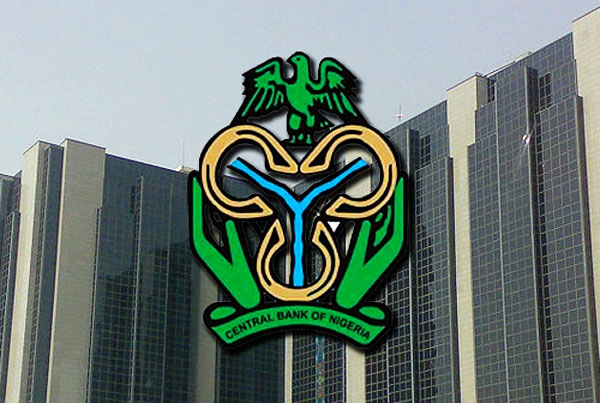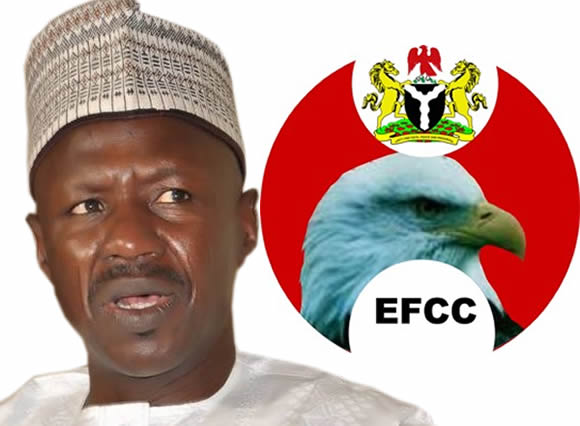The federal government has been advised to only channel borrowed funds to specific infrastructure projects rather than increasing its debt profile for recurrent expenditure, especially the payment of salaries.
This advise was given by the Managing Director, Afrinvest Securities Limited, Mr. Ayodeji Edo, in a presentation he made at a forum on ‘Nigeria’s 2018 Economic Outlook,’ organised by members of the Finance Correspondents Association of Nigeria (FICAN) in Lagos.
According to Ebo, adopting such an approach would enable members of the public to monitor where such borrowed funds are being deployed to, just as he cited the case of the Sukuk Bond.
Ebo added: “For infrastructure, we know government is putting a lot within that space. The Sukuk bond of about N100 billion was tied to 25 roads. We feel this is a very positive initiative because it is easier to trace some of those projects to a particular fund. If government can employ that kind of strategy, we feel it would be more effective.
“If this year they want to raise any Eurobond, they should tell us exactly what kind of project this bonds would be channeled into so we can easily track them. Even if implementation is 50percent, we can easily track what the funds is being used for. Rather than just raising the bonds to channel it into paying salaries,” he said.
He, however, argued that monetary policy may remain tight this year.
Ebo noted that a cut in interest rate would impact rates for fixed income securities and may discourage investments into the country.
“This will affect the current stability at the foreign exchange market and that is what the government would not want at a time the country is approaching an election period.”
He explained further that while the argument for a cut in rates is for increased lending to the real sector, a lower benchmark interest rate may actually not result in increased lending by banks.
“Bringing down the MPR will not translate to improved lending by the banks. There is nothing like patriotic lending because we have to grow the economy. The banks will not use private money to grow the economy when they still see there is evident risks within the space. It is about the risk environment.
“Most of the companies that they would have borrowed to are struggling in terms of returns on their investment as they have factor in the cost of power as well as infrastructure and by the time you factor in those things your business is not profitable and you cannot service your loan so the bank will not lend to you.
“For instance, a lot of banks lent to the power sector during the privatisation but a lot of them got their hands burnt, so no matter how low interest rate come that will not translate proportionately to increased lending as long as they continue to see that risks.

 Health5 days ago
Health5 days ago
 Entertainment7 days ago
Entertainment7 days ago
 Crime6 days ago
Crime6 days ago
 Education1 week ago
Education1 week ago
 Health1 week ago
Health1 week ago
 Comments and Issues6 days ago
Comments and Issues6 days ago
 Football7 days ago
Football7 days ago
 Latest6 days ago
Latest6 days ago



